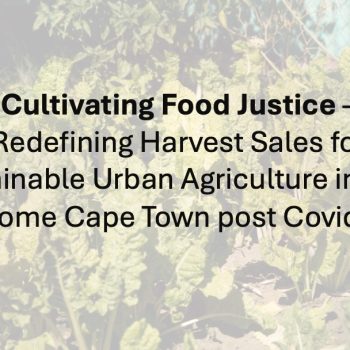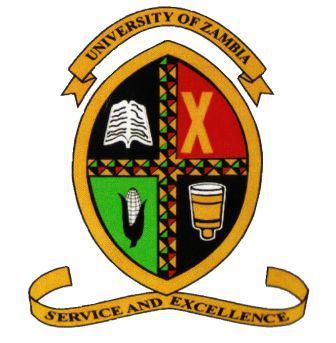Future Resilience for African Cities & Lands (FRACTAL)
FRACTAL is a multi-sited regional research project that seeks to understand the climate processes driving the African regional climate system’s natural variability and response to global change in recorded history and climate model simulations. The intention is to distil defensible, scale-relevant climate information, informed by and tailored to urban decision-making and risk management within their regional dependencies. The project is unique in that it uses pilot studies to enhance our understanding of co-exploration processes with urban partners to integrate climate messages within real-world decisions, and strengthen development pathways to resilience.
Situating FRACTAL
Development pathways in Africa are faced by the serious challenge of rapid urban growth that creates a fluid landscape for decision-makers. This challenge is fundamentally bound to questions of resilience in the face of intensifying climate stresses on complex multi-stressor environments, which in turn affects resource and infrastructure governance and management. However, the dynamics of current and future climate variability and change in city-regions are poorly understood, particularly at the regional sub-national scale. Additionally, there is evidence that the available climate data is poorly translated to readable information, and is not well used to inform policy and decision-making in cities.
In the face of no clear and binding international treaty to frame a globalized response to climate change, regions are facing a necessary shift from a focus on the science-policy nexus toward critical questions of how climate change impacts decision-making across governance, economics, business, energy, and national security planning, amongst other areas. These decisions carry long-term implications, and are intertwined with complex local, regional and trans-boundary dependencies.
In light of this, the project seeks to bring together sound scientific data with creative processes that allow for the interface of public policy and evidence, in order to foster the creation of new and urgently needed institutional responses to improve resilience. At the heart of the project is the practice of co-exploration, which refers to the long-term engagement of multiple disciplinary experts (e.g. climate scientist, engineer, economist, government official, social scientist and community member) across the full period of the decision-making process.
This project will focus its primary attention on three Tier 1 cities within their associated regional contexts: Windhoek, Maputo and Lusaka; and to a lesser degree on three Tier 2 cities: Blantyre, Gaborone and Harare; to help explore a range of contexts. These are key cities in the sub-continent, and represent a strong climate gradient from arid to wet sub-tropical, a significant contrast of society and culture, and a range of risk exposures and governance issues with local and regional dependencies. In addition, the project leverages the added value of research with two self-funded city partners – Cape Town and eThekwini (Durban) – in South Africa.
Programme details
Climate Systems Analysis Group (CSAG), University of Cape Town
African Climate and Development Initiative (ACDI), University of Cape Town
Red Cross Red Crescent Climate Centre
Council for Scientific and Industrial Research (CSIR)
International Council for Local Environmental Initiatives (ICLEI), Local Governments for Sustainability
Stockholm Environment Institute (SEI), Oxford
Global Change Systems for Analysis, Research and Training (START)
Aurecon
Swedish Meteorological and Hydrological Institute
Met Office Hadley Centre Climate Programme
National Aeronautics and Space Administration (NASA)
Lawrence Berkeley National Laboratory
European Commission (EC) Joint Research Centre
Department for International Development (DFID)
Natural Environment Research Council (NERC).


